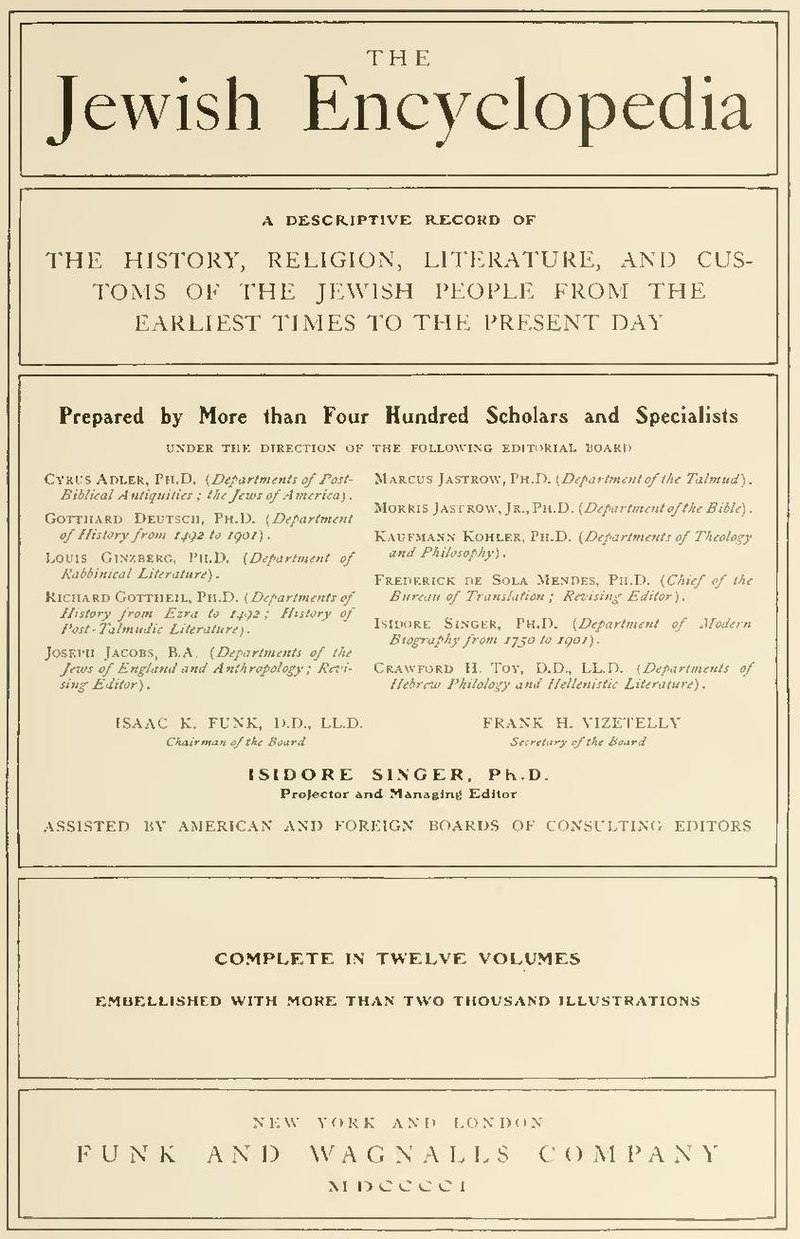Во Еврејската Енциклопедија со прво издание уште во 1901 година зборовите Китим и Јаван се поврзуваат со Македонија и Македонците, а не со Хелените или денешните Грци. Изразот Јаван е битен затоа што се поврзува со Јафет еден од тројцата синови на Ное од кои настанале трите раси (жолта, црна и бела раса). Се смета дека и името на Јонско Море произлегува од зборот Јаван.

MACEDONIA:
Country of southeastern Europe; now a part of the Turkish empire. It is the native country of Alexander the Great, who is, therefore, called “Alexander the Macedonian” in rabbinical writings. In Dan. xi. 30 the Macedonians are mentioned under the name “Kittim” (R. V.), and Eusebius and the Hebrew Josephus or Gorionides (Knobel, “Völkertafel, ” p. 103) use the same designation.
In the apocalyptic literature this kingdom is known as the “fourth beast” (Dan. vii. 7). The First Book of the Maccabees, which originally was written in Hebrew, also uses the word “Kittim” for Macedonians, and mentions Philip and Alexander (i. 1), as well as Philip III. and his illegitimate son Perseus (viii. 5), as kings of the Macedonians. Since the Greek Syrians style themselves “successors of Alexander,” these Syrians also are called “Macedonians” (II Macc. viii. 20).
The Rabbis, whose acquaintance with Greek life was one acquired during the Macedonian era, identified the Hebrew “Yawan” (Javan) with Macedonia (Targ. Yer. to Gen. x. 2; Targ. of I Chron. i. 5; Yoma 10a; Gen. R. xxxvii. 1), and to them, as to Daniel, Macedonia represented the eschatological kingdom (Mek. to Ex. xx. 18; Targ. of I Sam. ii. 4); with them the expression “Javan” is interchangeable with “Macedonia.” They mention, probably in a figurative sense, the “jaundice” of Macedonia (Targ. Yer. to Deut. xxviii. 22); also the gold from the same country (Targ. to Esth. viii. 15; 2d Targ. to Esth. vi. 10).
Many Macedonian idioms, it is claimed, are found in the Jewish-Hellenistic language, especially as it appears in the Septuagint (Swete, “Introduction to the O. T. in Greek,” p. 291, Cambridge, 1900). Cities having Macedonian names were founded on Palestinian soil, such as Berœa, Dion, Pella. Certain weapons of the Macedonians are referred to by Josephus (“B. J.” v. 11, § 3).
Many Jews must have lived in Macedonia, since Christian doctrines found a ready and early acceptance there. Paul visited the Macedonian regions on his second missionary journey (Acts xvi. 9; comp. I Cor. xvi. 5); his fellow workers Silas and Timothy labored there (Acts xvii. 14, xviii. 5). Paul visited it again on his third journey (Acts xx. 1; II Cor. i. 16, ii. 13, vii. 5), stopping in the cities Philippi, Thessalonica, and Berœa. Jewish inscriptions have been found in Thessalonica (“R. E. J.” x. 78), and the presence of Jews in Macedonia is proved also by Agrippa’s letter to Caligula (Philo, “Legatio ad Caium,” § 36 [ed. Mangey, ii. 587]).
For an account of the Jews in Macedonia in modern times see Turkey.
Bibliography:
- Schürer, Gesch, iii. 27;
- Krauss, Lehnwörter, ii. 349.

Посочил: History of Macedonia
Извор: The Jewish Encyclopedia

